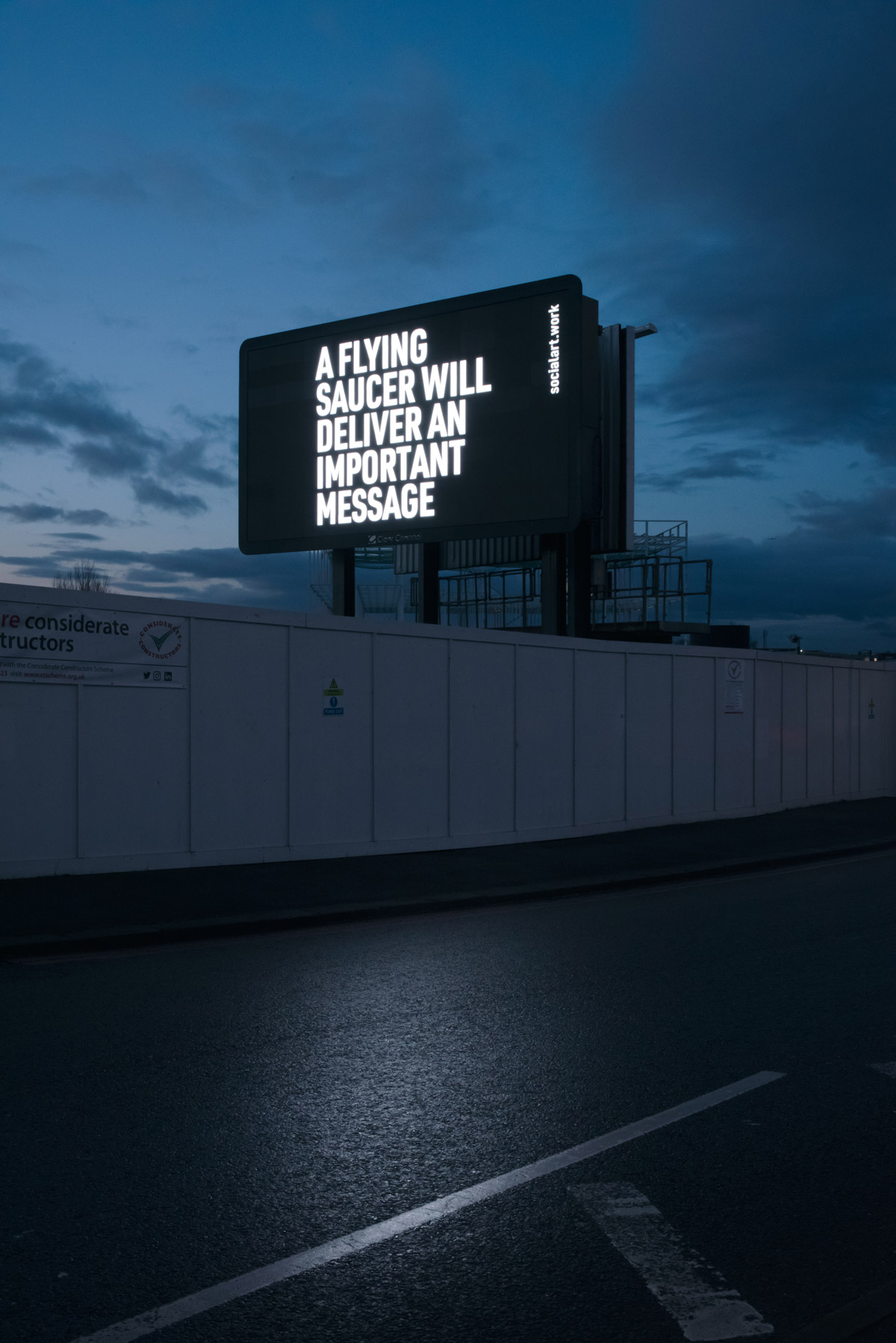The
Counter Culture Rising
series is Firrell’s response to shifts in the contemporary political landscape: ‘I didn’t want to make work in opposition to something. I didn’t want to amplify the problems as they seemed big enough already. I wanted to advocate instead for some kind of antidote to the times we were living through.
‘Simply being peaceful strikes me as a radical political position. The hippy movement had strong and clear positions on things like environmental degradation, inequality, racism, housing and land development, wholefood, spiritual experience and the military industrial complex. They set out to levitate the Pentagon, after all! It felt like the right time to re-explore these ideas and present them as an appropriate and powerful counter-measure in turbulent times.’
The American sociologist John Milton Yinger first originated the term ‘contraculture’ in a 1960 article in the American Sociological Review. He used the term - more familiar now as ‘counter culture’ - to define any sub culture that stood in opposition to a broadly identifiable ‘mainstream’. The term subsequently became synonymous with the worldwide hippy counter culture (1964–1974).
The counter culture movement rejected the social conventions left over from the 1950s. In the USA, young people rebelled against the cultural standards of their parents, especially on subjects like racial segregation and the general population’s early support for the Vietnam War.
As tensions grew in American society, the generations divided along ideological lines. The younger generation demanded sexual liberation and equal rights for women. They questioned traditional modes of authority and the interpretation of the American dream, then prevalent, that placed so much emphasis on material success and unlimited consumerism.
The majority of hippies were, in fact, youngsters from the white, middle class. The western economic prosperity of the 1960s provided them with plenty of leisure time to explore and reflect on social issues. Ultimately, hippy demonstrations against the war in Vietnam and for greater social justice would create far-reaching changes in Western society.
The hippy counter culture was often associated with UFO phenomena: hippies living psychedelically tended to see all kinds of things in the sky.
A Flying Saucer Will Deliver an Important Message
refers to the belief that alien visitation was imminent, a persistent trope of the 1950s and 60s.
Aliens would visit earth with dire warnings about man’s reckless atomic testing or degradation of the environment. Alien wisdom would ultimately lead to a raising of human consciousness that would save the planet. Or the aliens would simply destroy humanity to protect the earth from further harm.
The carefully constructed serialism of the 12 billboards of
Counter Culture Rising
conveys a single cinematic narrative. Collectively, the billboards tell a story of alien visitation, warnings about climate catastrophe and war, the threat posed by machine intelligence, the power of living peacefully and advanced states of consciousness.



